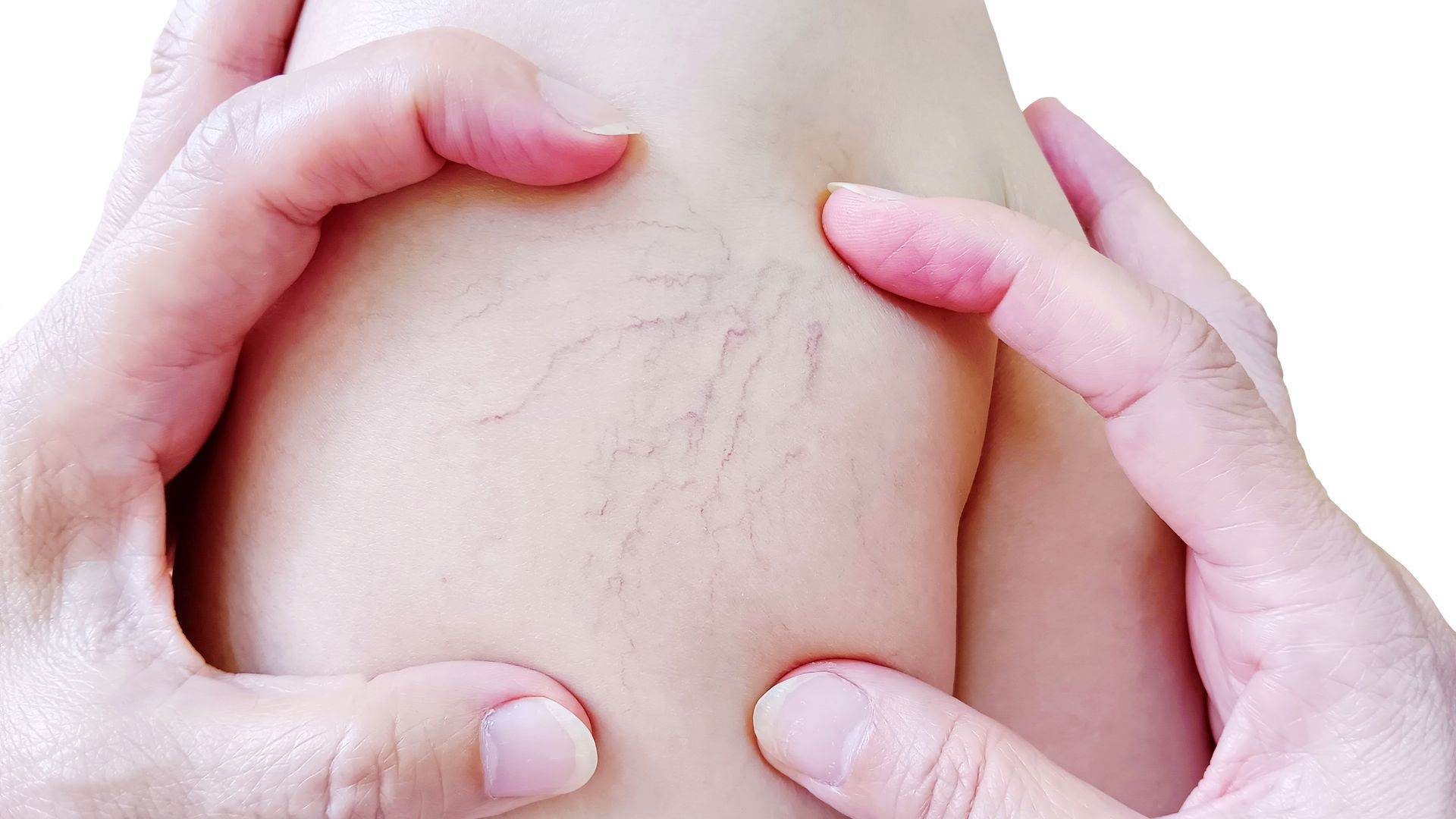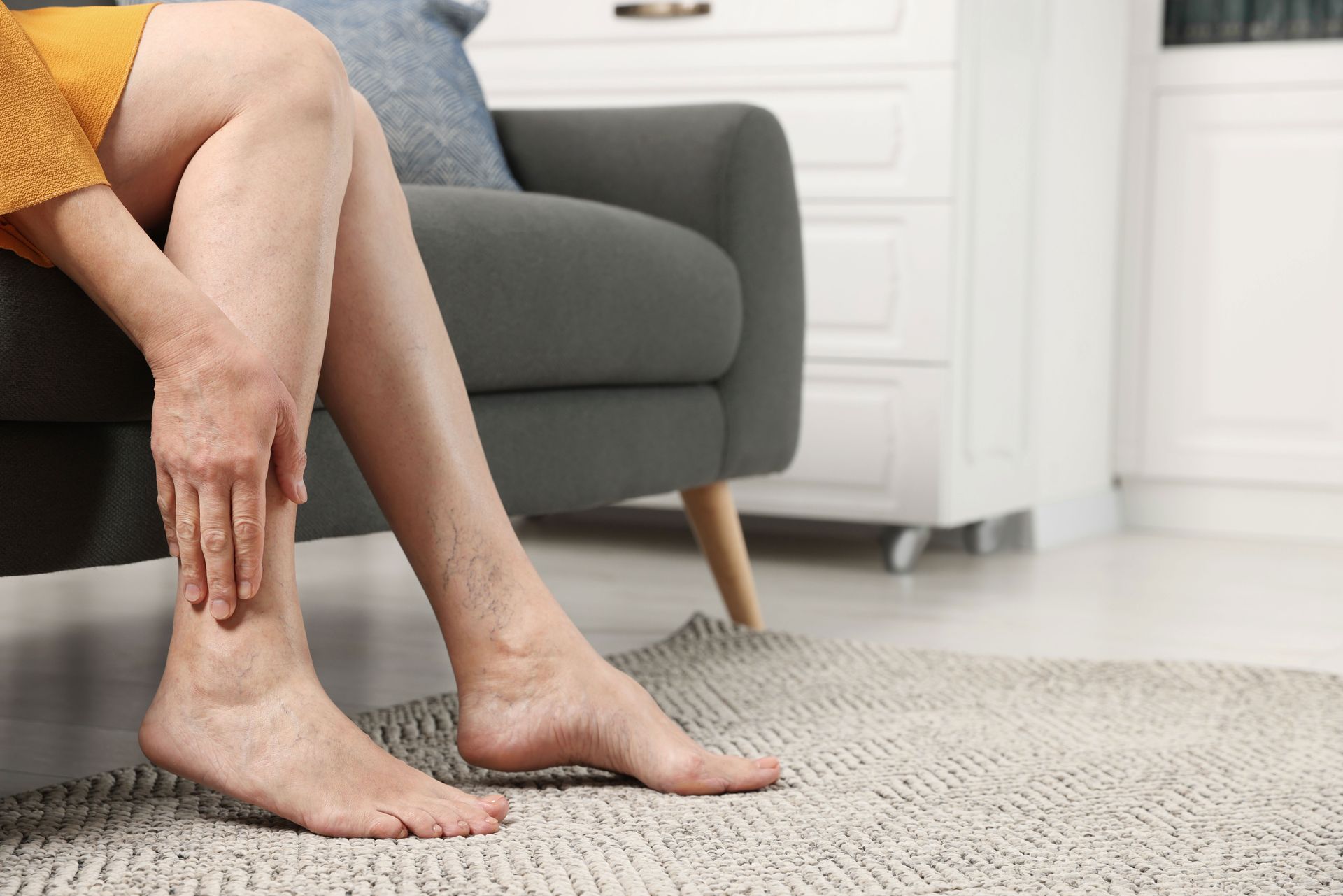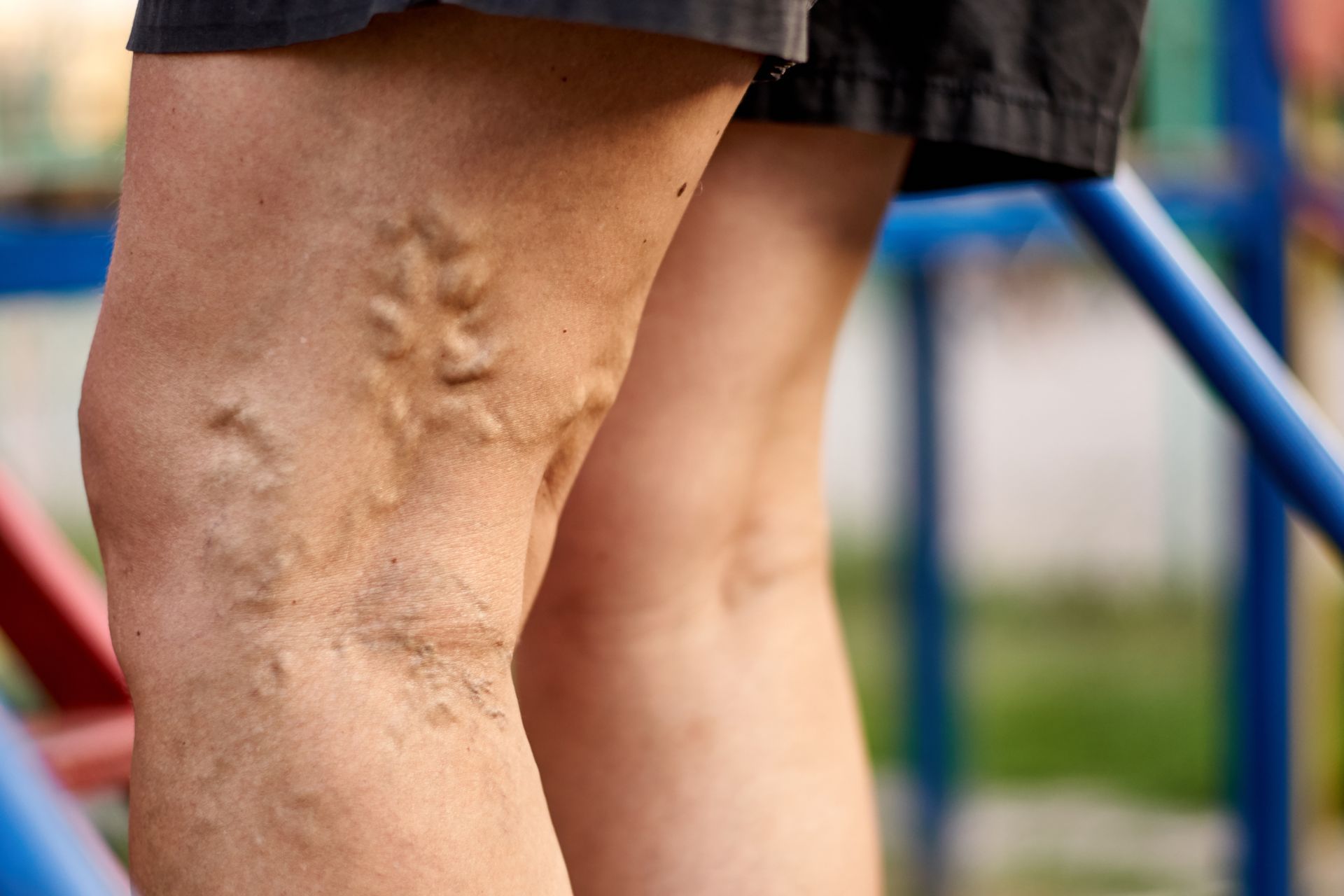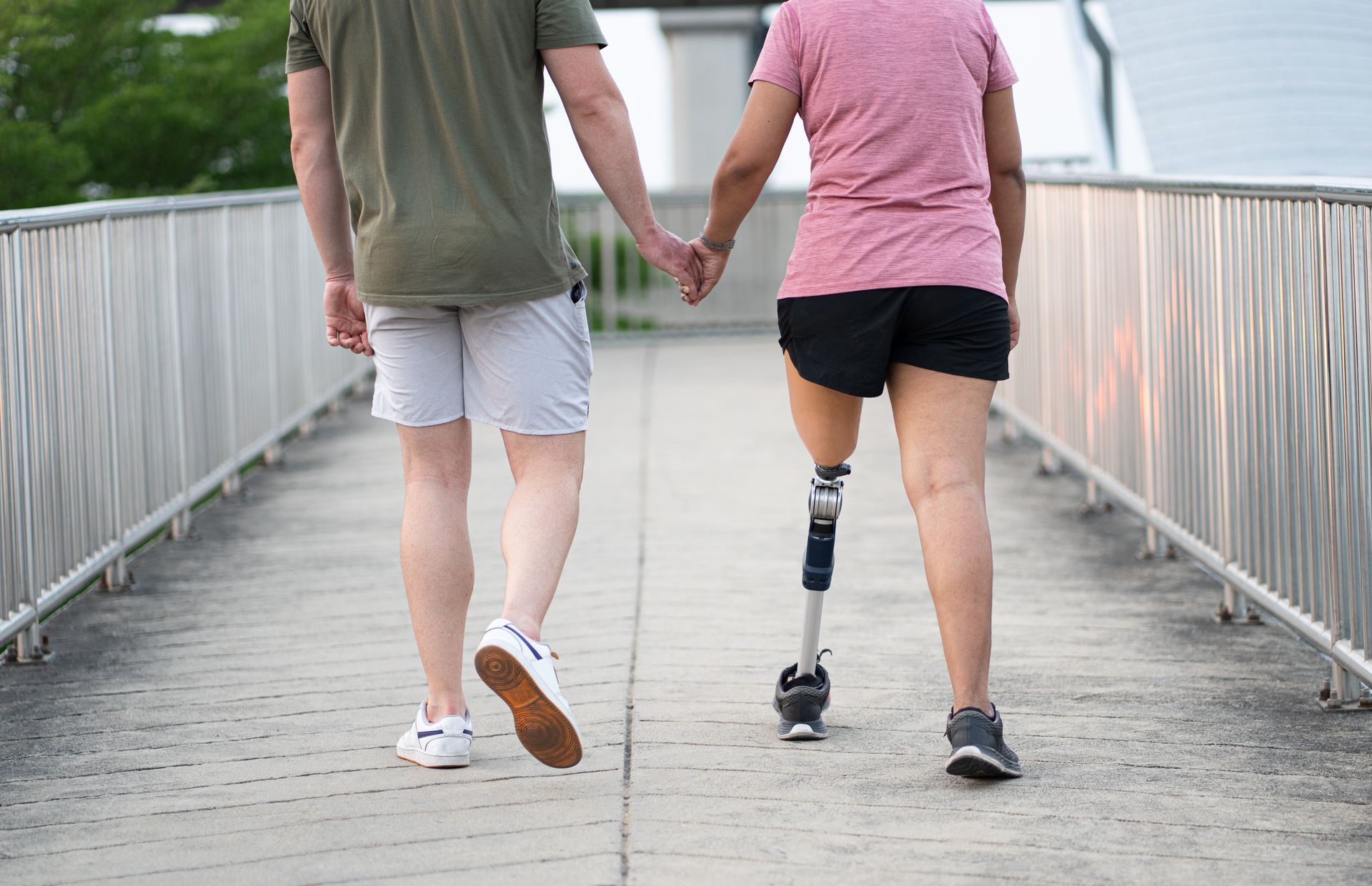Back-to-School Alerts: Preventing Blood Clots in College and Teen Travelers
Okay, so here's something most parents don't think about when they're busy buying dorm room essentials and arguing with their teenager about how many hoodies they really need: blood clots. I know, I know - it sounds scary and maybe a little dramatic. But stick with me here, because this is actually something worth knowing about, especially if your kid is about to hop on a plane to college or spend hours on a bus getting to their new school.
The thing is, blood clots aren't just something that happens to older people or folks who are really sick. Young, healthy college students can get them too, and there are some pretty common situations - like that cross-country flight to freshman orientation - that can make them more likely to happen.
But here's the good news: preventing blood clots is actually pretty straightforward once you know what to look out for. And trust me, a little knowledge goes a long way when it comes to keeping your student safe and healthy.
So What's the Deal with Blood Clots Anyway?
Think of blood clots like this: normally, when you get a cut, your blood gets thick and sticky to stop the bleeding. That's exactly what you want! But sometimes blood gets thick and sticky inside your veins when it's not supposed to. That's when you have a problem.
DVT stands for deep vein thrombosis, which is just a fancy way of saying there's a clot stuck in one of the deeper veins in your leg. Picture a piece of gum stuck in a straw - that's basically what's happening. The really scary part is if that clot breaks loose and travels up to your lungs. When that happens, it's called a pulmonary embolism, and it can be life-threatening. You can learn more about these and other vascular conditions we see in our practice.
Now, before you start panicking about sending your kid to college, remember that this stuff is totally preventable with some simple habits.
Why College Kids Are Actually at Risk
Here's where it gets interesting. College life basically sets students up for several risk factors without them even realizing it.
Those Brutal Travel Days
Whether your kid is flying from California to New York for school or taking a 12-hour bus ride to that summer program they're obsessed with, long trips are rough on circulation. When you're crammed into a tiny airplane seat or bus for hours, blood flow slows way down in your legs. Add in the fact that most teenagers forget to drink water when they're stressed about travel, and you've got a perfect storm brewing.
I've seen parents pack everything except a water bottle for their kid's big travel day. Don't be that parent!
The Reality of Dorm Life
Once they get to school, think about what college students actually do all day. They sit in lectures, then sit at their desk studying, then sit playing video games or watching Netflix. Even the most active high schooler can turn into a couch potato once they hit college.
Mix in the fact that they're probably eating terribly (when's the last time a college freshman chose a salad over pizza?), staying up until 3 AM, and stressing about everything from roommate drama to organic chemistry, and their bodies aren't exactly in prime condition.
Girls and Birth Control
If your daughter is on birth control pills, especially the kind with estrogen, that can bump up her risk a little bit. I'm not saying she needs to stop taking it - not at all! But it's worth knowing about so she can be extra careful during those long travel days.
When Athletes Get Hurt
Even student athletes aren't immune. Actually, sometimes they're at higher risk because when they get injured and have to stay off their feet for a while, they go from being super active to basically immobile overnight.
Getting There Safely: Travel Tips That Actually Work
Let me give you some real-world advice that your teenager might actually follow (because let's be honest, some of this health stuff goes in one ear and out the other with kids).
Before They Leave Home
Start talking about hydration the day before travel. I tell parents to make it a game - challenge your kid to finish a water bottle before they even get to the airport. Skip the energy drinks and coffee binges the night before travel. I know they think caffeine will help them deal with early morning flights, but it actually makes dehydration worse.
And please, please talk to them about wearing comfortable clothes. I've seen kids try to travel in skinny jeans so tight they can barely sit down. Loose, comfy clothes aren't just more pleasant - they actually help with circulation.
During the Trip
Here's the big one: they need to move. Every hour or two, they should get up and walk around. Even if it's just a trip to the bathroom or walking up and down the aisle once, it matters.
When they can't get up, ankle circles are their best friend. It sounds silly, but just pointing their toes and making circles with their feet helps keep blood moving. They can do this stuff while watching movies or reading without anyone even noticing.
The hydration thing is huge during travel too. They should be sipping water consistently - not chugging a bottle all at once, but steady sips throughout the trip.
Picking the Right Seat
If you have any say in seat selection, go for the aisle. Your kid will be way more likely to get up and move if they don't have to climb over strangers every time.
Making Dorm Life Healthier
Once they're settled in at school, there are some habits that can make a real difference without totally cramping their style.
Movement That Doesn't Feel Like Exercise
College students hate being told to "exercise," but they're usually okay with walking to get food or taking the stairs to avoid waiting for crowded elevators. Encourage them to think of movement as transportation rather than fitness.
Study breaks are crucial. Every hour or so during those marathon study sessions, they should get up and move around for five minutes. Even just walking around their room or doing some stretches helps.
The Study Setup
If your kid is going to be spending hours at a desk anyway, help them set up their space so they're not completely sedentary. Maybe they can read while standing sometimes, or pace while reviewing notes. Some students like to use standing desks, but honestly, just changing positions regularly is the key.
Sleep and Stress - The Stuff Nobody Talks About
Poor sleep and high stress mess with your body in all kinds of ways, including making blood clots more likely. Obviously, you can't control your college student's sleep schedule from hundreds of miles away, but you can talk to them about why it matters.
Stress management is huge too. Whether it's finding time for exercise, joining clubs they enjoy, or just calling home when things get overwhelming, managing stress isn't just good for their grades - it's good for their health.
When to Worry: Signs They Need to Know
This is the stuff your kid absolutely needs to know, even if they roll their eyes when you tell them.
If their leg starts swelling (especially just one leg), hurts for no reason, feels warm, or looks red or discolored, they need to see a doctor right away. Don't mess around with this stuff.
Even scarier are the signs that a clot might have traveled to their lungs: sudden shortness of breath, chest pain (especially when breathing deeply), fast heartbeat, or coughing up blood. These are "go to the emergency room right now" symptoms. For ongoing prevention and treatment options, they should know about comprehensive treatment services that are available.
Kids Who Need Extra Attention
Some students have factors that put them at higher risk, and it's worth having an honest conversation about this stuff.
Family History Matters
If anyone in your family has had blood clots, your kid needs to know about it. This isn't something to hide because you don't want to worry them - it's information that could literally save their life.
Medical Conditions
Students with things like inflammatory bowel disease, certain genetic conditions, or cancer need to work with their doctors on prevention strategies before heading off to school.
The Birth Control Conversation
For girls on hormonal birth control, especially during travel, extra prevention measures are important. This might mean compression socks, extra attention to hydration, or more frequent movement breaks.
Making a Real Plan
Before your student heads off to school, sit down and make an actual plan together:
Figure out what their specific risk factors are. Talk through their travel plans and build prevention into the itinerary. Make sure they know what symptoms to watch for and when to get help. Set up realistic expectations for staying active during long study sessions. Help them find campus health resources and figure out where the nearest urgent care is.
For additional educational materials and prevention tips, check out our
patient resources section.
When You Need Professional Help
Look, most of the time, simple prevention strategies are enough. But sometimes students need more personalized medical advice, especially if they have risk factors or if you're just not sure what's normal for your kid.
Here in Edwards, Colorado, we work with families all the time on this stuff. College is stressful enough without worrying about health scares that could have been prevented. Meet our provider to learn more about how we approach vascular health with young adults.
If your student has risk factors, if you want professional advice on prevention, or if you just want peace of mind, give us a call. We get it - sending your kid off to college is scary enough without adding medical worries to the mix.
The Bottom Line
Here's what I want you to remember: preventing blood clots isn't complicated. It doesn't require expensive equipment or major lifestyle changes. It's mostly about staying hydrated, moving regularly, and knowing what to watch out for.
Your kid is smart and capable, and with the right information, they can absolutely take care of themselves. The key is making sure they actually have that information and understand why it matters.
College should be about learning, growing, making friends, and figuring out who they want to be. It shouldn't be about preventable health scares. A little knowledge and some simple habits go a long way toward keeping things that way.
Ready to send your student off with confidence? We're here to help. Give us a call at (970) 926-1003 or stop by our office at 1140 Edwards Village Blvd. B204 in Edwards. Let's make sure your kid stays healthy so they can focus on what really matters - getting the most out of their college experience.
Learn more about our comprehensive
vascular health services and how we can help keep your family's circulation healthy.











